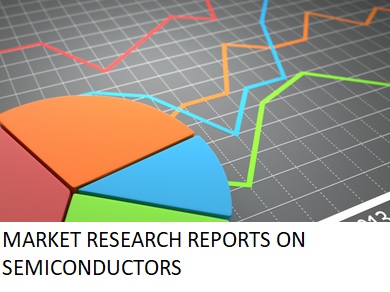Date: 18/08/2023
ABI Research:Payment card shipments to reach 3.16 billion in 2023
The payment card market has weathered the chip shortage storm through 2022 and emerged, having suffered only a minor issuance decline, rebutting expectations that a significant shortfall in supply would be seen. Global technology intelligence firm ABI Research saw payment card shipments reach 3.13 billion in 2022, forecasting a return to growth in 2023 at 3.16 billion.
“While 2022 did see yet another year of payment card shipments decreasing, vendors active across the entire payment ecosystem reacted well to help the payment card market navigate the difficulties of the semiconductor supply shortage. Issuing banks, IC vendors, and smart card vendors communicated effectively and ensured a steady supply stream to facilitate necessary demand, circumventing safety stocking and ensuring that the most pressing commitments could be served. Latin America performed particularly well and managed to achieve payment card issuance growth, counter to the global market, by placing emphasis on contactless migration and reaping the benefits of the neo and challenger bank market in Brazil, supporting high growth in the credit card market,” explains Sam Gazeley, Digital Payment Technologies Research Analyst at ABI Research.
While investment has been made toward preventing further constraints and future-proofing the market by constructing and qualifying new chip foundries and nodes, with new manufacturing capacity coming online in 2023, the allocation issues which haunted 2022 will continue to ease. In addition, after reaching peak shipment levels during COVID-19, near-term market contractions in other heavily reliant chip markets, such as Consumer Electronic Devices, will open another capacity for other markets, including payments. With additional capacity fast coming online, ecosystem players are shifting their attention toward component pricing after several waves of chip price increases were applied across the entire chipset industry in 2021 and 2022.
“More specifically around pricing, ABI Research believes the growth in dual interface and the chip shortage has driven three separate rounds of payment IC price rises, resulting in an approximate cost increase of 22% compared to pre-COVID chipset pricing levels. Now in 2023, and with chip supply constraints resolving, pricing pressures are returning. As a result, the increase in chip price from 2022 to 2023 will likely be limited to a marginal increase, with an expectation that ASPs will begin to decline again from 2024,” Gazeley concludes.
Source: ABI Research
Tweet Follow @ecewire

